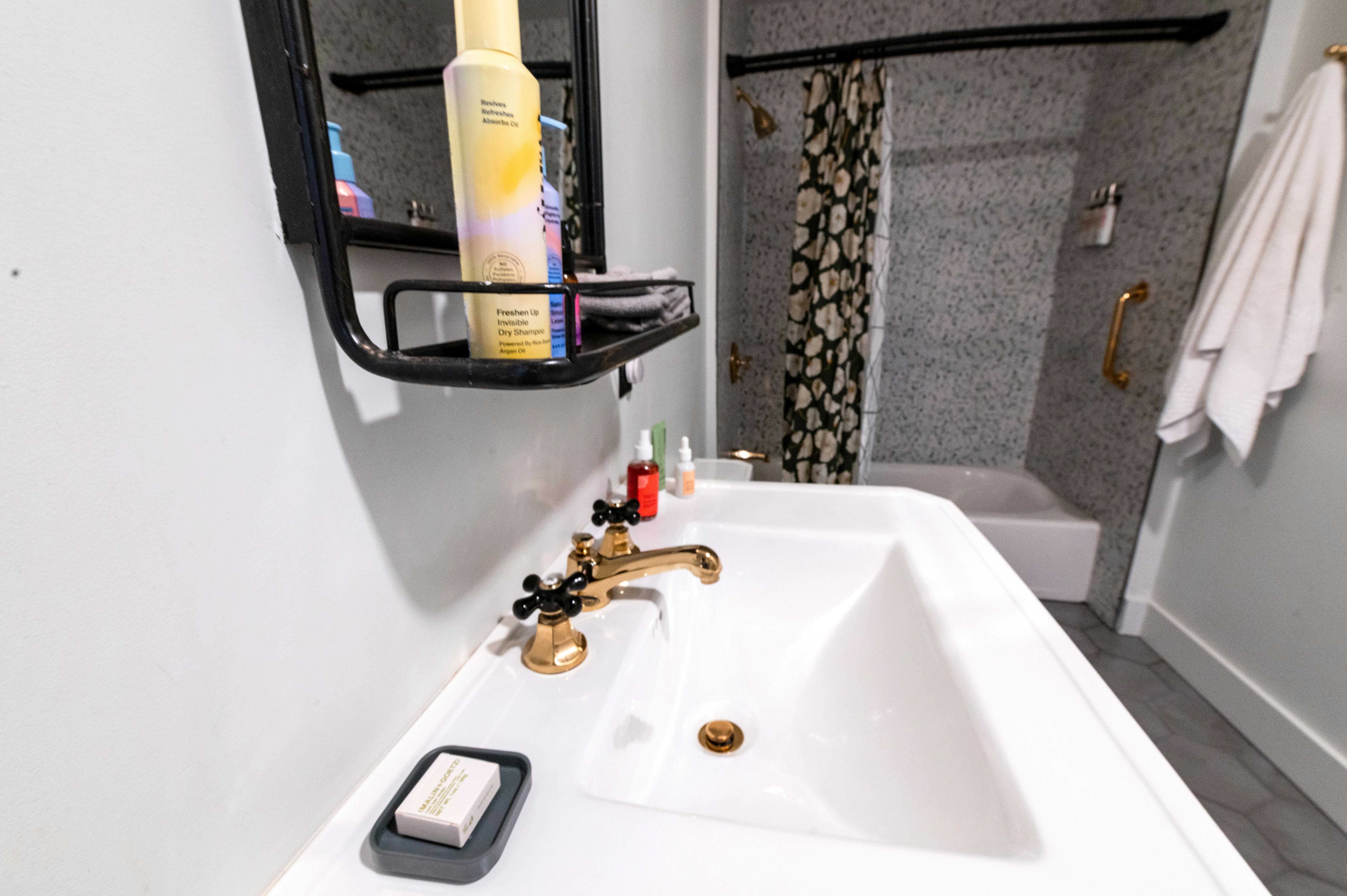
Introduction
Plumbing is integral to the optimal functioning of any residential or commercial building. A minor plumbing issue can disrupt daily tasks, while significant problems, if not properly addressed, can result in substantial repair costs. Amid the intricacies of plumbing systems, diverse questions linger among homeowners and business operators alike. This article aims to demystify some of the most frequently asked plumbing questions, providing an insightful, comprehensive guide to your top four plumbing concerns.
Understanding Clogged Drains: Causes and Solutions
One of the most typical plumbing woes is a clogged drain. This nuisance can occur in your sink, bathtub, toilet, and even outdoor drains. Clogged drains occur due to multiple reasons, including fat and grease build-up, foreign objects lodged in the drainage, soap residue, and accumulated fallen hair in shower drains.
Addressing clogged drains begins with prevention. Ensure that only suitable waste goes down the drain, while striving to keep hair and food particles away. In the case of a clog, several DIY solutions, such as using a plunger or drain snake, can effectively clear the obstruction. Chemical drain cleaners can provide immediate relief but are not recommended for regular usage due to their corrosiveness.
If all DIY solutions fail, it is prudent to enlist professional help. Expert plumbers can employ advanced tactics like hydro jetting or installing a clean-out to effectively manage persistent clogs.
Sorting Out Low Water Pressure: A Closer Look at Causes and Remedies
Low water pressure is a common yet frustrating plumbing issue, often undermining the effectiveness of several everyday tasks. Whether it's a low-pressure showerhead or a sluggish faucet, the root cause can stem from various sources, including clogged pipes, a faulty pressure regulator, or simply an issue with the local water supply.
To fix low water pressure, begin by identifying the cause. Check all faucets in your home or office to see if the issue is widespread or isolated. If only one faucet exhibits low pressure, the cause might be a clogged aerator—a small screen found at the tip of the faucet—which you can clean or replace. If the entire building suffers from low pressure, the problem becomes less straightforward and might require consulting a professional.
Insights on Leaking Pipes: Why They Happen and How to Prevent Them
Leaking pipes, whether visible or hidden within walls and floors, pose a significant risk to your property. Left unattended, they can result in costly water damage and foster the growth of dangerous mold. Frequent causes of leaking pipes include corrosions, joints' degradation, extreme temperatures leading to pipe bursts, and errant DIY plumbing repair.
Preventing leaks begins with regular inspection and maintenance of your plumbing systems, avoiding corrosive cleaners, installing pipe insulations, and seeking professional help when you're out of your depth in DIY repairs. Remember not to overlook even minor leaks!
Unhinging the Boiler Mystery: Your Guide to Boiler Maintenance
A well-functioning boiler is at the heart of comfortable homes, especially in the chilly months. However, boiler issues are not uncommon, with issues ranging from no hot water or heating to weird noises and leaks. Regular maintenance checks by certified engineers are essential for a boiler's longevity and performance.
The typical lifespan of a boiler is between 10-15 years. Post this time period, it's wise to consider replacing it. A gradual decline in performance or breakdowns are signs that your boiler needs a thorough inspection or replacement.
Conclusion
Your home or business's plumbing system is a vital but complex unit, leaving numerous questions in its wake. With some knowledge about common issues like drain clogs, low water pressure, pipe leaks, and boiler maintenance, you can adopt preventative measures, carry out efficient DIY repairs, and know when to call in the professionals. The goal is to ensure your plumbing system remains in optimal condition, contributing to trouble-free household or business routines while avoiding unnecessary repair costs.